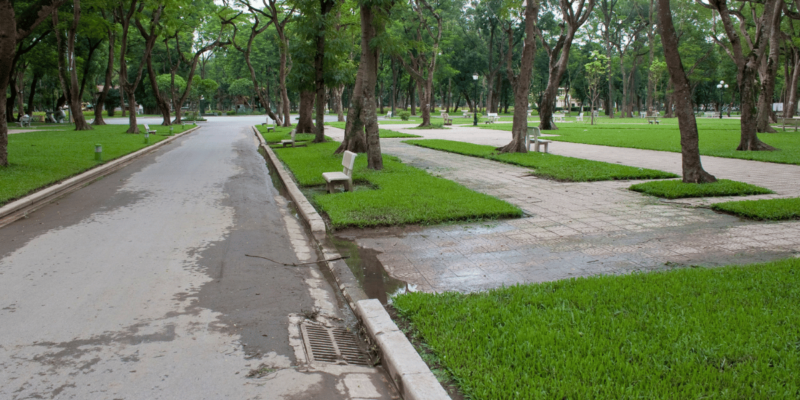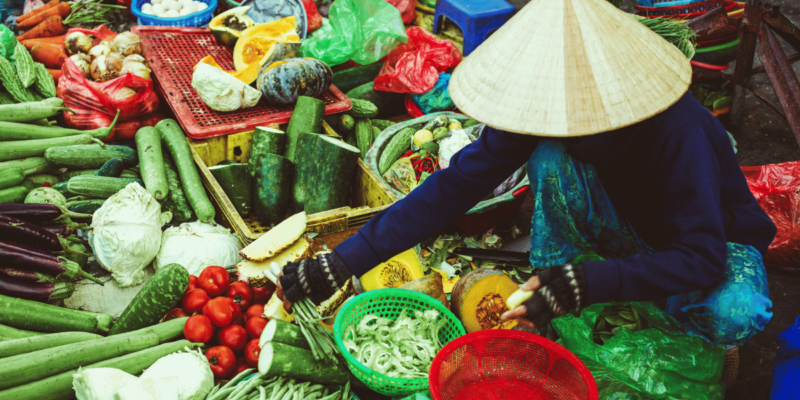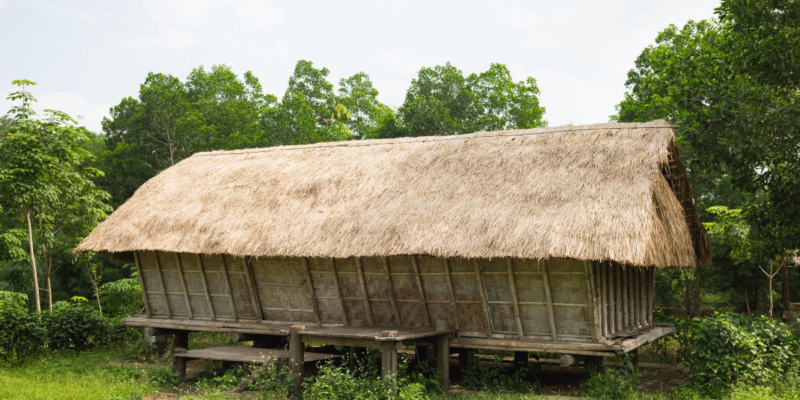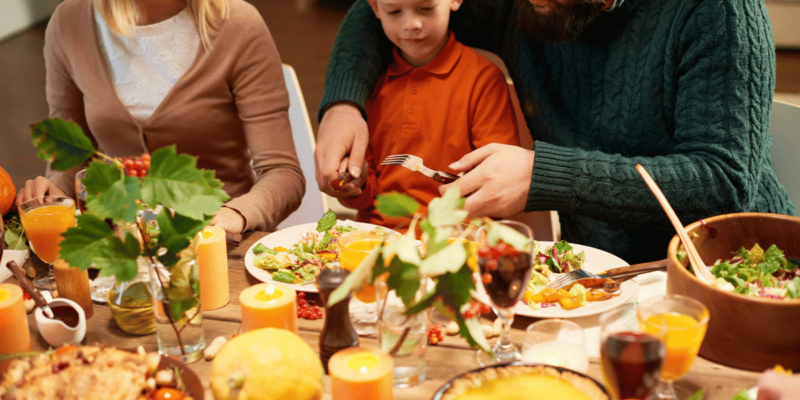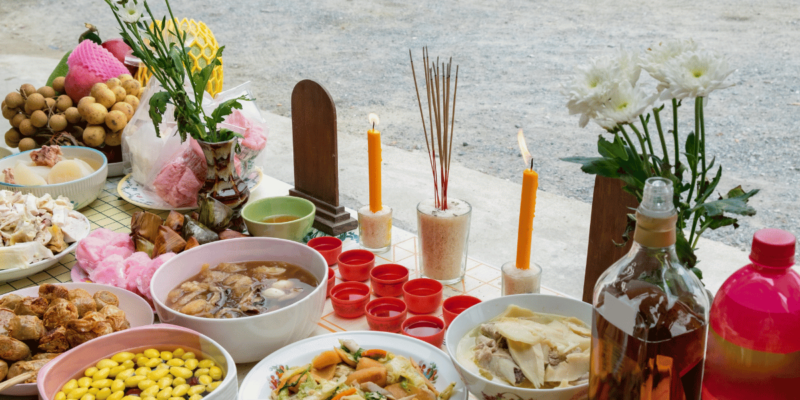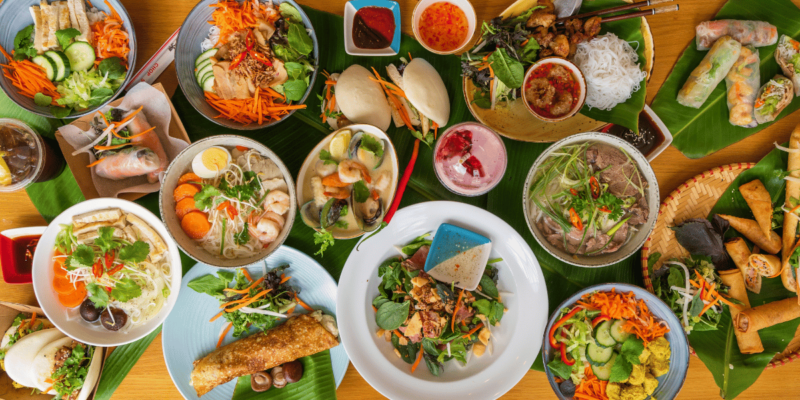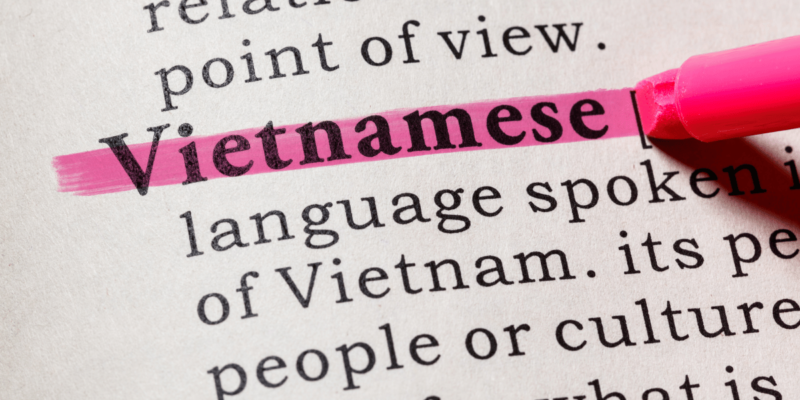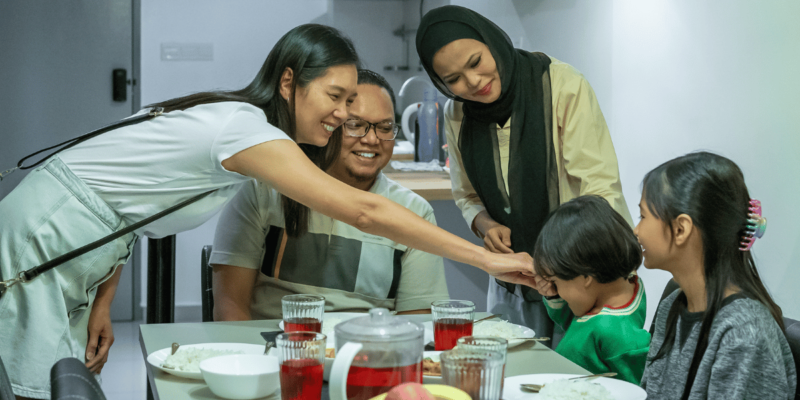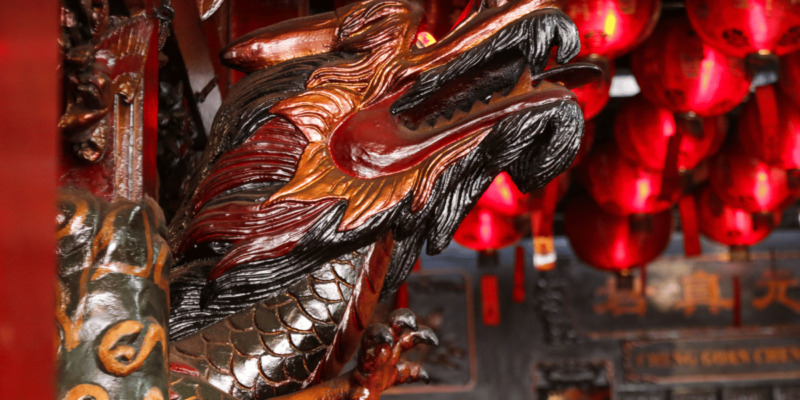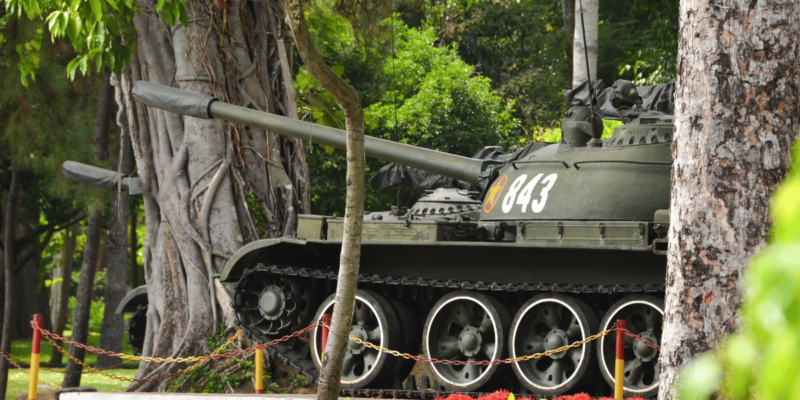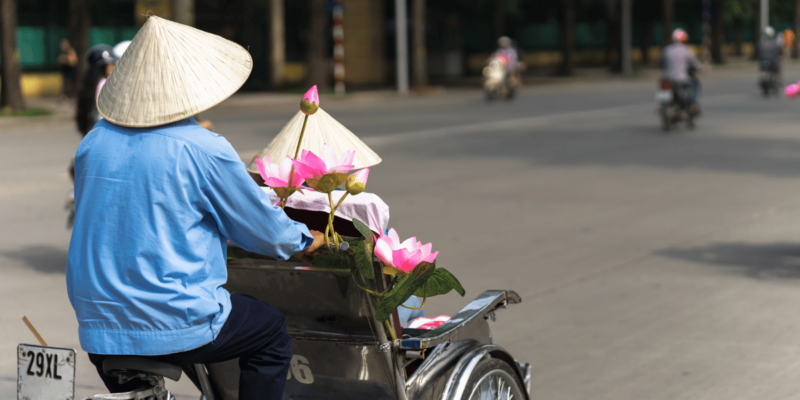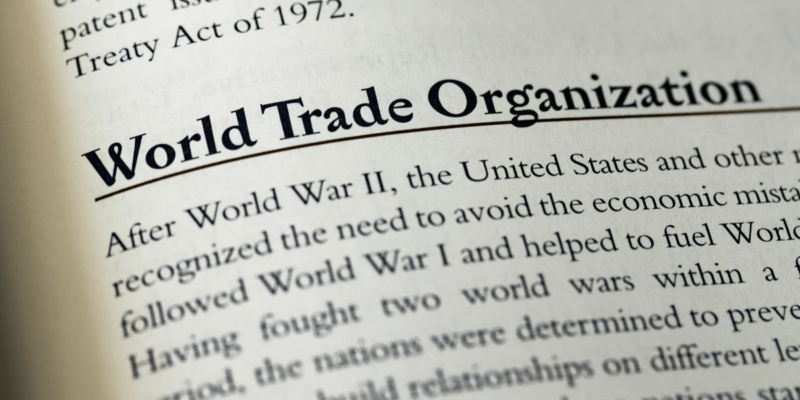Understanding the Role and Life of a Vietnamese Wife
Marriage in Vietnam is deeply rooted in cultural traditions and values, reflecting the intricate social fabric of Vietnamese society. The role of a Vietnamese wife encompasses a blend of traditional responsibilities and modern aspirations, influenced by historical contexts and evolving societal norms. Understanding these dynamics provides insights into the lives of Vietnamese women and the expectations they navigate daily. This article explores the multifaceted role of a Vietnamese wife, highlighting the historical context, modern responsibilities, cultural expectations, education, challenges, support systems, marriage customs, and inspiring stories of resilience and success.
Historical Context of Marriage in Vietnam
Traditionally, the role of a Vietnamese wife was defined by Confucian values, which emphasized family hierarchy, filial piety, and domestic responsibilities. Wives were expected to manage household duties, care for children, and support their husbands. Over time, these roles have evolved, influenced by socio-economic changes and increased educational opportunities for women. The transition from strict traditional roles to more balanced partnerships reflects the broader changes in Vietnamese society, where women now actively participate in both the domestic and public spheres.

Modern Roles and Responsibilities
Today, Vietnamese wives often balance traditional expectations with modern realities. They are responsible for household management, child-rearing, and maintaining family harmony. At the same time, many pursue careers and professional aspirations, contributing financially to their households. This dual role requires adept time management and support from family members. The modern Vietnamese wife exemplifies resilience and adaptability, striving to fulfill both traditional duties and personal ambitions.
Cultural Expectations and Social Norms
Cultural expectations for Vietnamese wives remain strong, with significant emphasis on respect for in-laws and adherence to social norms. Filial piety is paramount, requiring wives to care for their husband’s parents and uphold family honor. Social activities and community involvement are also crucial, as wives often participate in local festivals, religious ceremonies, and social gatherings. Navigating these expectations requires a deep understanding of cultural nuances and a commitment to maintaining family and community bonds.
Education and Personal Development
Access to education has significantly impacted the roles of Vietnamese wives, providing opportunities for personal and professional growth. Higher education enables women to pursue diverse careers, contributing to economic development and societal change. Education also influences marital dynamics, fostering more equitable partnerships and mutual respect. Continuous personal development through education empowers Vietnamese wives to challenge traditional norms and achieve greater autonomy.
Challenges Faced by Vietnamese Wives
Balancing work and family life presents a significant challenge for many Vietnamese wives. Societal pressures to adhere to traditional gender roles can lead to stress and conflict, particularly for those pursuing careers. Additionally, issues such as domestic violence and gender inequality remain critical concerns. Addressing these challenges requires comprehensive support systems, legal protections, and societal shifts towards gender equality.
Support Systems and Community
Extended families play a vital role in supporting Vietnamese wives, offering assistance with childcare and household duties. Community groups and social networks provide additional support, fostering a sense of belonging and shared responsibility. Government and NGO programs also offer resources and services to address specific needs, such as domestic violence prevention and economic empowerment initiatives. These support systems are crucial for the well-being and success of Vietnamese wives.
Marriage Customs and Traditions
Traditional Vietnamese marriage ceremonies are rich with symbolic practices, reflecting cultural values and beliefs. Rituals such as the “asking ceremony” (Lễ Dạm Ngõ) and the “engagement ceremony” (Lễ Ăn Hỏi) highlight the importance of family and community. Over time, some customs have evolved to accommodate modern lifestyles, yet the core values of respect, unity, and commitment remain unchanged. Understanding these traditions offers insights into the cultural heritage that shapes the lives of Vietnamese wives.
Stories of Successful Vietnamese Wives
Numerous Vietnamese wives exemplify resilience and success, balancing multiple roles with grace and determination. Stories of women who have excelled in their careers while maintaining strong family bonds inspire others and challenge societal perceptions. These narratives highlight the potential for Vietnamese wives to thrive despite challenges, contributing significantly to their families and communities. Sharing these success stories fosters a positive image and encourages greater support for women’s aspirations.
Conclusion
The role and life of a Vietnamese wife are complex and multifaceted, shaped by historical traditions and modern influences. Vietnamese wives navigate a delicate balance between upholding cultural expectations and pursuing personal growth and professional success. Recognizing and supporting these women is essential for fostering an inclusive and progressive society. Understanding the evolving roles of Vietnamese wives offers valuable insights into the broader cultural and social dynamics of Vietnam, highlighting the importance of continued support and empowerment for women.






